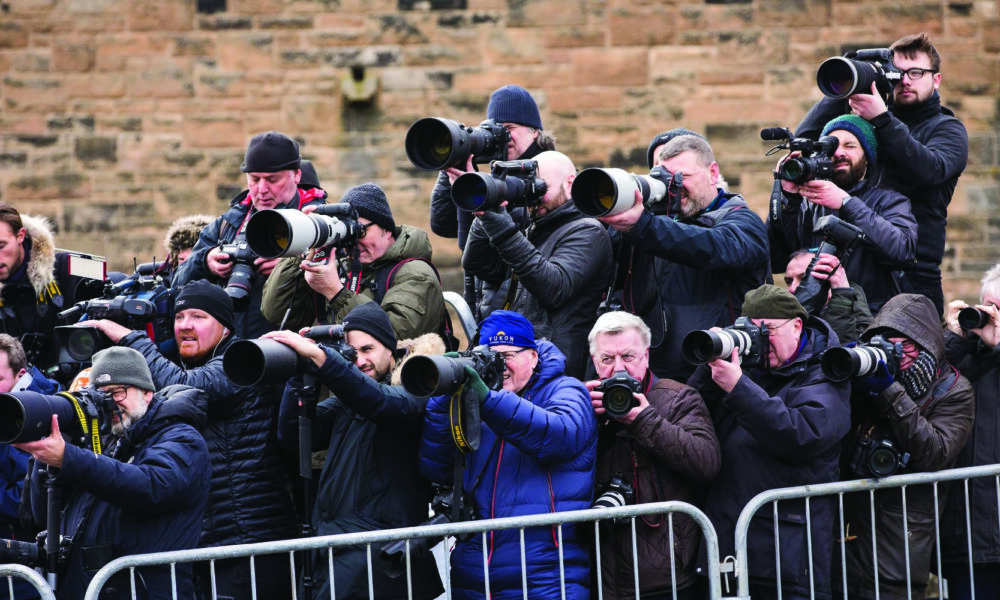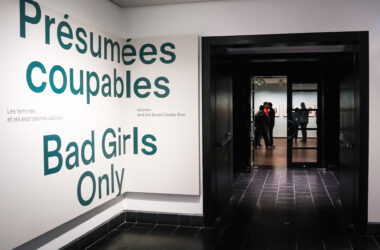A little over a week ago, a video surfaced of Kanye West, with the swagger of a man who left his sanity on the 2016 VMA stage, confronting a member of the paparazzi. This isn’t a change of pace for Kanye—the man confronts the paparazzi as often as I miss my 8:30 lectures—but he does bring up an important point on image ownership.
“You guys can follow us, you can stand outside our hotel at any given time, but you don’t give us any percentage of what you’re making off us, off our kids, and I’m going to change that,” West vowed to the photographer.
The paparazzo didn’t disagree. He did, however, say that celebrities needed the paparazzi—without them, the stars’ histories would be all but forgotten.
There is an element of truth to this considering that gossip tabloids shape and cement the lives of celebrities in the public eye, keeping them relevant and wealthy—but it’s also not all it’s chalked up to be. For every celebrity’s career the paparazzi’s press might forge, a dozen more lie in ruins, from ousting celebrities still in the closet to scrutinizing marriages till they crumble—and in the case of Princess Diana, ending lives. All of this, in pursuit of the almighty dollar.
Kanye isn’t alone in his outrage over the use of his image, with more and more celebrities voicing their frustration in recent years. Take Ariana Grande, who posted a paparazzi photo of herself repping her merch on a night out, only to get sued by the paparazzo not once, but twice for copyright infringement. 50 Cent, Jessica Simpson, Liam Hemsworth—the list of celebrity lawsuits goes on and on, each for posting paparazzi photos of themselves on Instagram. Lisa Rinna, best known for The Real Housewives of Beverly Hills, is currently fighting back against a $1.2-million lawsuit after posting paparazzi photos of her and her daughters—but she is the exception rather than the rule. Most of these cases end in settlements, since it’s often cheaper to settle than wrack up legal fees.
Model Gigi Hadid’s case is especially interesting, as her lawyers have argued that her photo was “fair use” due to her pose and choice of outfit, making her a contributor to the piece. Still, the case never set legal precedence as it was dismissed before going to trial, the paparazzi agency having only filed their copyright after the lawsuit.
Despite holding an appeal only rivaled by pharmaceutical executives, the paparazzi seem to have the law on their side. The press can publish photos of public figures without their permission; this right is a benchmark of journalism that allows us to stay informed. Yet I fail to understand where celebrities, as public figures, fit into this, especially when it concerns tabloids. Why is the entertainment of the public a necessity when it means treating stars’ private lives like public commodities? This lack of restriction, in tandem with copyright laws, places paparazzi under the same jurisdiction as wildlife photographers.
It is only right that a studio photographer profits when others use their photo, but their models are consenting and compensated. Celebrities, on the other hand, are neither. When it comes to “entertainment”-based press, photographed subjects should have some level of control over the use and profit of their image, because as celebrities, they are their own brand. The tabloids need to realize the difference between celebrities and the action figures that they inspire.









